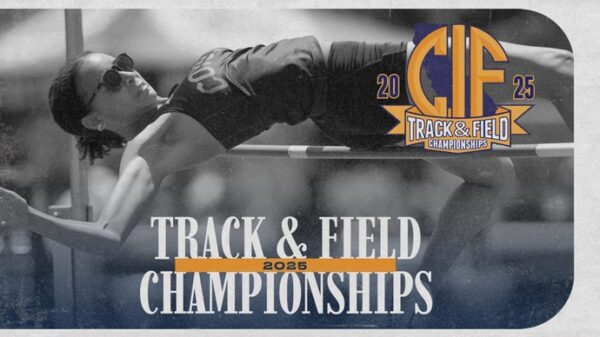Justice Department enters girl’s sports versus trans rights battle in California
May 28, 2025

By KAREN VELIE
The U.S. Department of Justice today sent legal notices to California Attorney General Rob Bonta and others announcing it is opening an investigation to determine if a state law permitting trans athletes to participate in female sports teams violates Title IX, a landmark federal civil rights law.
In California, transgender students are entitled to participate in all school activities and sports that align with their gender identity. The California Education Code prohibits discrimination based on gender identity.
Federal investigators are tasked with determining if California school districts are engaging in a pattern or practice of discrimination on the basis of sex. In addition to Bonta, the DOJ sent the announcement to State Superintendent of Public Instruction Tony Thurmond, the California Interscholastic Federation, and the Jurupa Unified School District.
In addition, the DOJ filed a statement of interest in support of a lawsuit filed by and on behalf of girl athletes. The statement is part of a national effort by President Donald Trump and the DOJ “to oppose the deprivation of women and girls of fair athletic opportunities.”
“The law is clear, discrimination on the basis of sex is illegal and immoral,” said U. S. Attorney Bill Essayli. “My office and the rest of the DOJ will work tirelessly to protect girls’ sports and stop anyone – public officials included – from violating women’s civil rights.”
The lawsuit – Save Girls’ Sports v. Thurmond – alleges that California “is harming hundreds – if not thousands – of female students by removing opportunities for female athletes to be champions in their own sports, robbing them of podium positions and awards, and creating unsafe and intimidating environments in their bathrooms and locker rooms.”
The plaintiffs include K.S., a ninth-grade female cross-country athlete and T.S., an 11th-grade female cross-country athlete and team captain, both of whom attend Martin Luther King High School in Riverside.
T.S. was removed from her position on the girls’ varsity cross-country team to make room for a biological male athlete who did not consistently attend practices and failed to satisfy many of the team’s varsity eligibility requirements. As a result, T.S. missed the opportunity to compete at a high-profile meet, lost the right to compete on the varsity level, and missed the opportunity to compete with elite fellow athletes to be recruited by universities and receive other forms of recognition.
The biological male who replaced T.S. on the girls’ varsity cross-country team recently had transferred from another local high school after breaking that school’s all-time cross-country record for the girls’ cross-country team.
The lawsuit further alleges that the Riverside Unified School District, Martin Luther King High School’s principal, and its assistant principal and athletic director violated the constitutional rights of T.S. and K.S. when it ordered them to stop wearing T-shirts protesting T.S.’s removal from the team.
In an interesting twist, the California Interscholastic Federation (CIF) recently announced it changed the rules for this weekend’s state track-and-field championships to allow more girls to compete amid controversy over a trans athlete who won a spot in the high school finals.
“Under this pilot entry process, any biological female student-athlete who would have earned the next qualifying mark for one of their section’s automatic qualifying entries in the CIF State meet, and did not achieve the CIF State at-large mark in the finals at their Section meet, was extended an opportunity to participate in the 2025 CIF State Track and Field Championships,” according to the federation. “The CIF believes this pilot entry process achieves the participation opportunities we seek to afford our student-athletes.”






The comments below represent the opinion of the writer and do not represent the views or policies of CalCoastNews.com. Please address the Policies, events and arguments, not the person. Constructive debate is good; mockery, taunting, and name calling is not. Comment Guidelines